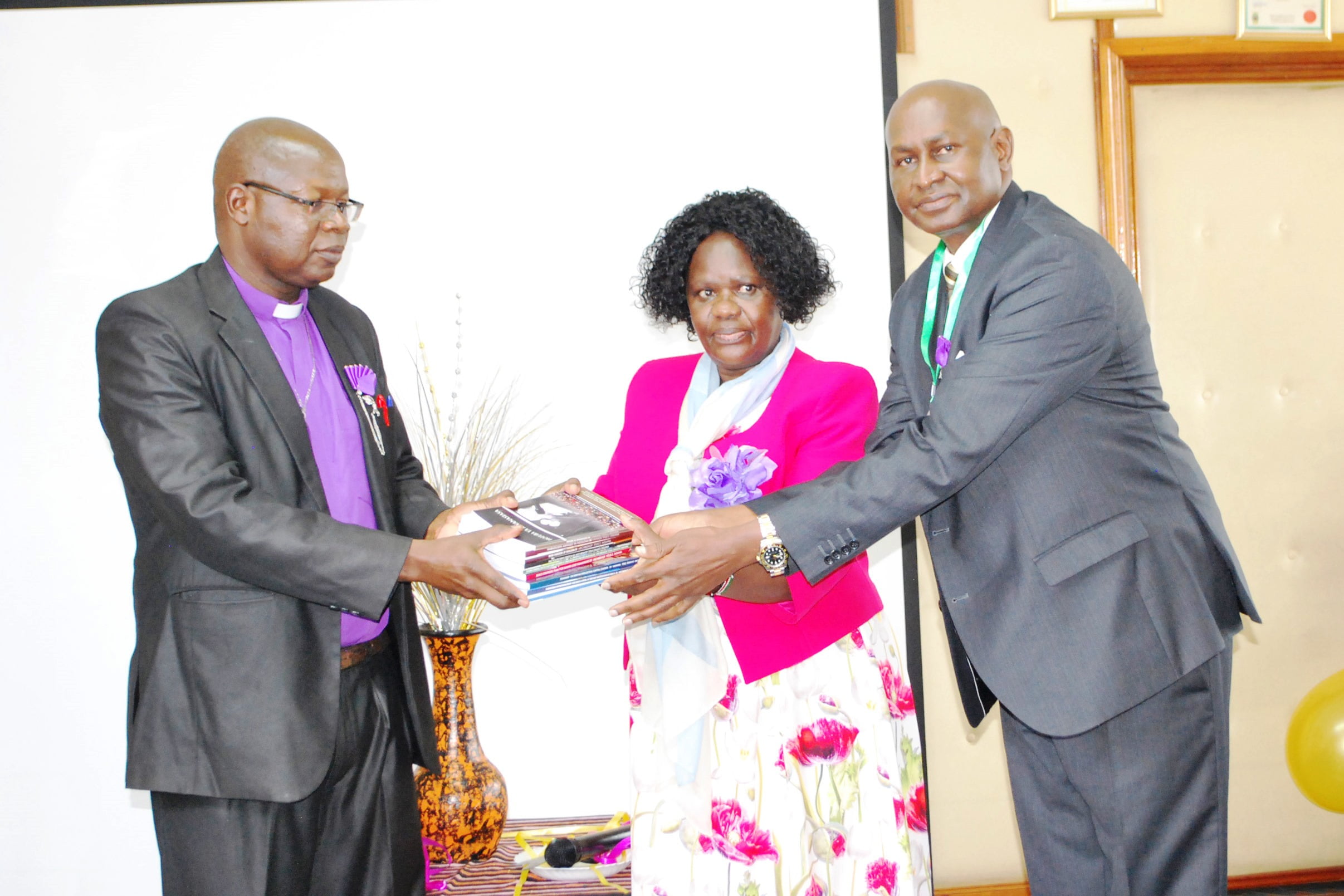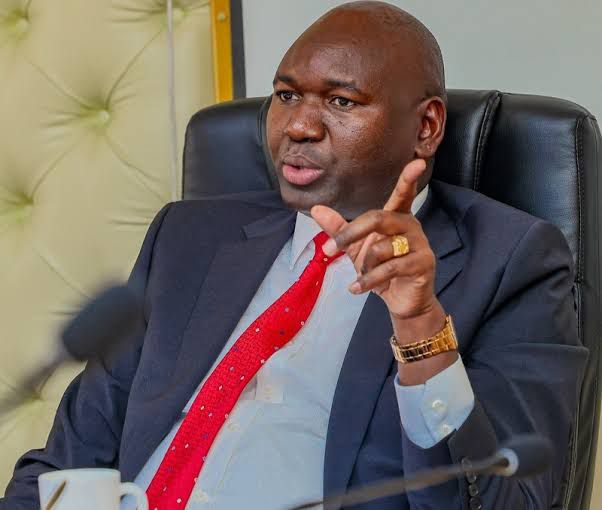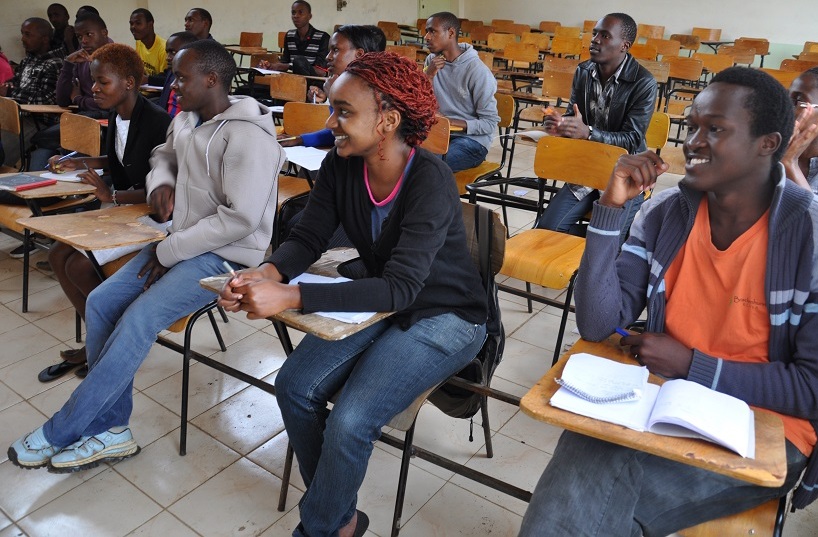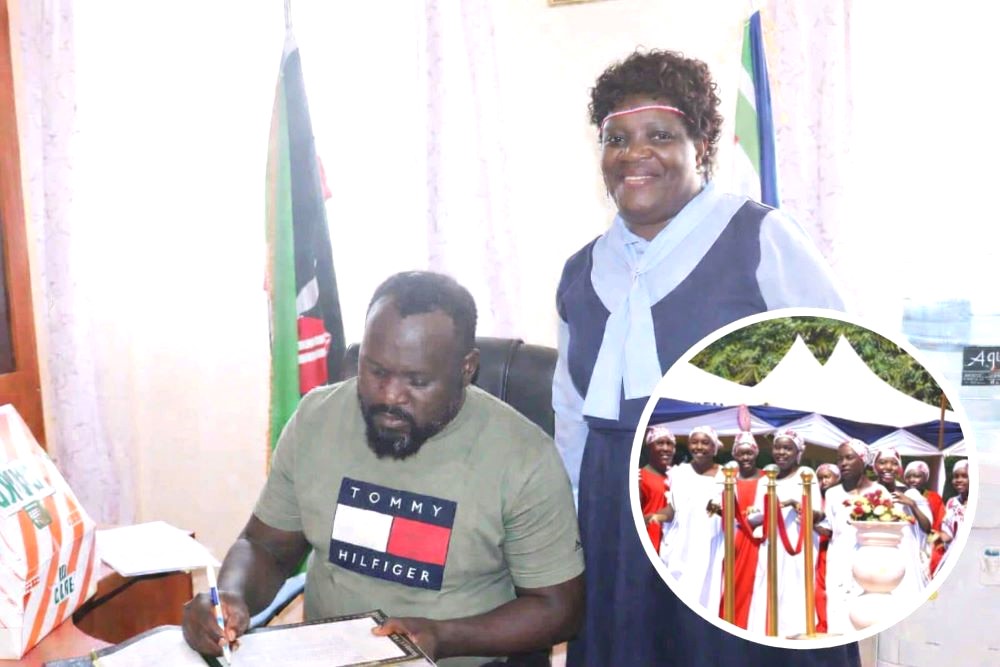By Roy Hezron
Reducing the number of universities and need to further classify them will help to deal with challenges facing university education in Kenya, a senior Civil Servant in the Ministry of Education has revealed.
In his book titled Roadmap on Kenyan Intellectual Capital Causers, 2021; Archbishop Vainadu Titus Zakayo Ingana the acting Director of Research in the Directorate of Research, Science and Technology (DRST) in the State Department for University Education and Research argues the country needs to deal decisively with challenges facing university education by taking tough and unpleasant decisions.
“Our solutions and action plans should have a future orientation. Decisions that serve immediate political expedience are not helpful. It is important to rationalize the number of universities and need be, classify them,” said Ingana in his book.
He observes that a taskforce will be necessary in helping put the case of University classification to rest with those universities that do not qualify classification getting a new merging allocation.
“Pundits have noted that 31 public universities and 6 public constituent colleges seem to be too many for Kenya. South Africa, with a population of 55.91 million, has 26 universities. Rwanda, with a population of 12 million people, has one public university. It is time for sober reflection. South Africa, for instance, went through a painful process to reduce the number of universities. We have many lessons to learn from them,” said Ingana.
According to the Archbishop the universities can be classified as research, teaching and research or teaching universities.
He says that Research Universities should include universities that solely dedicated to research and postgraduate, noting that the current model involves research institutions that admit research students at Ph.D. level through collaboration with a local university; where the student undertake research at the research institution but graduate at the collaborating university.
On the other hand, Teaching and Research Universities which according to Ingana appears to be the country’s normal, need to be assessed in terms of research output.
He notes that universities need to be compelled to give returns to the Ministry on their research annually in order to help the Ministry of Education (MOE) classify the University either as a Research or Teaching and Research University and also target financial incentives.
“In order to fast-track research and development at the universities, the Ministry should reinforce a circular that ordered universities to allocate 2 per cent of their annual budgets to research and development. The Ministry will then assess how much money is used and how much was allocated to R&D by public universities. The Ministry can add a commensurate top-up to those universities to enhance their R&D portfolios,” added Ingana.
On Teaching Universities Ingana observes that any University in the country that does not have requisite full-time lecturers-student ratio according to Commission for University Education (CUE) criteria and is not actively conducting in-house research should be classified as a Teaching University.
He states in the book that failure to attract international students means a university is a Teaching University, and that universities should be encouraged to enter into collaborations through Memorandum of Understandings (MOUs) according to national priority areas and need for universities to foster internal research networks as well as research leadership programmes.
In September 2021 a status report from the Universities Funding Board (UFB) showed that the debt as of April 2021 for public universities comprises mostly of unremitted statutory deductions which have accumulated penalties had hit Ksh56.6 billion amid a falling student population and rising salaries, putting at risk their sustainability.
Archbishop Ingana launched a total of 9 books which he has authored over years on July 26, 2022 at the MOE headquarters in Jogoo House in a ceremony that was graced by Prof. Teresa Akenga, the Vice-Chancellor at Eldoret University who represented the Chief Guest Principal Secretary in the State Department of University Education and Research Amb. Simon Nabukwesi among others scholars in the University education sector.
In his speech that was delivered by Prof. Akenga the PS congratulate Ingana noting that from his past experience book writing is not a common feature within the civil service fraternity.
“Most employees of government always undertake tasks within their duties and don’t bother delving deeper to write books as we are witnessing today,” said the PS in his speech.
Amb. Nabukwesi noted that the simple act of committing to a writing project, and seeing it through, measures the depths of discipline; and that writing a book can be a powerful way to get in touch with personal thoughts, values, and motivations.
“Actually, there is a school of thought that writing is cheaper than therapy. This is probably the most impactful reason why writing is important. If you can’t or don’t write, you probably find it more difficult to communicate with all sorts of people. Another observation is that writing every day builds discipline,” said Amb. Nabukwesi.
Caption:
Archbishop Vainadu Titus Zakayo Ingana (left) author and acting Director of Research, Prof. Teresa Akenga (center) the Vice-Chancellor at Eldoret University and Fredrick Ndambuki (right) Secretary, Administration State Department of University Education and Research launching 9 books at MOE Headquarters ’Jogoo House Nairobi on July 26, 2022. Photo| Roy Hezron.






